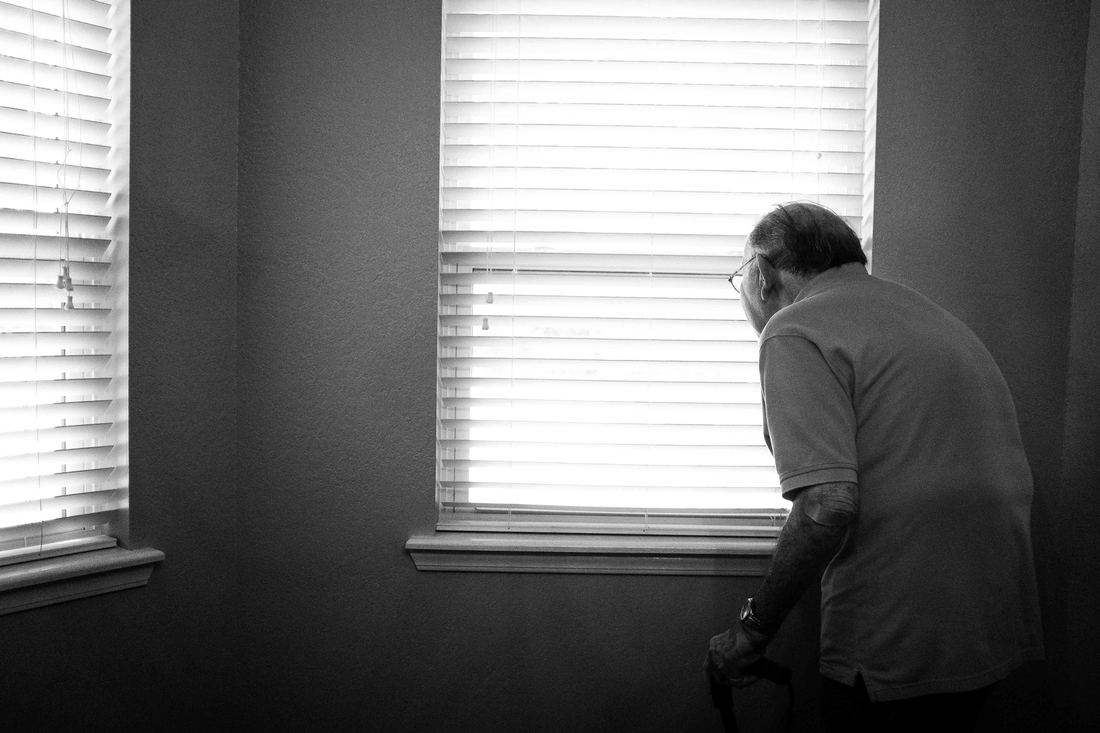|
Apathy. It’s one of the approximately 500 symptoms you might well find under the umbrella term of dementia. Apathy’s synonyms include lethargy, boredom, unconcern, droopiness and dispiritedness. For a person with dementia, this state of being may result in the inability to initiate activity, and/or spontaneous thought. Many of us, when feeling bored or droopy, have the ability to switch gears, maybe go for a walk, call a friend, or otherwise think of some activity to cheer ourselves up. Persons with dementia may not be equipped to do that. Instead, they’ll need structure, routine and activities figured out by others. Initiating activity involves planning, organization and motivation. Planning can be complicated, involving lots of steps. For a person with Alzheimer’s disease (whose short-term memory is very limited) or for a person with frontotemporal degeneration (whose executive function is seriously compromised) “complicated” can easily translate into “overwhelming”. When things are too hard for a brain with dementia, frustration often results, and motivation dissipates. To be sure, it can be hard to observe and absorb these changes when a family member was formerly a champion self- starter; creative and keeping busy all the time. We have to remember that the changes of dementia are disease-related, and brain-based. It is not because the person is just being stubborn, difficult, rebellious, or is out to exasperate us. The person is simply reacting to their situation with the brain that they have to work with today, not from the brain they used to have. We must have compassion for the reality of a broken brain, if we are to give care and responses that will encourage and accept the person where they are at, and in so doing continue to strengthen our relationship with that person, and best serve their needs. How Care Partners Can React to ApathyHere are ten tips from the Association for Frontotemporal Degeneration about what you as a care partner can try when your family member with dementia exhibits apathy. These suggestions were created specifically for persons who care for those with frontotemporal degeneration, but I believe there is much here that can be helpful to those who care for persons living with other forms of dementia as well:
This blog is based on information taken from a publication called Partners in FTD Care (8, WINTER 2018), available through the Association for Frontotemporal Degeneration, 267.514.7221, www.theaftd.org Martin Luther Campus is part of the Ebenezer family of Lutheran Senior Care Communities. We provide transitional care and assisted living apartments for seniors in Bloomington. We also have adult day clubs and memory care programs for seniors living at home. We’re located at 1401 East 100th St. Bloomington, MN. Are you interested in transitioning to assisted living or do you have a loved one that needs assisted living? Call us at 952.888.7751.
0 Comments
Leave a Reply. |
Director of Community Relations
Hello friends, my name is Kate and I'd love to share with you ALL of the wonderful things happening at Martin Luther Campus. Be sure to check our Blog, Lifestyle page and Facebook page often to stay updated on the happenings at our community! Archives
November 2023
Categories |
|
telephone |
|
DIRECTIONSimap
|
© 2021 Fairview Health Services
|


 RSS Feed
RSS Feed

